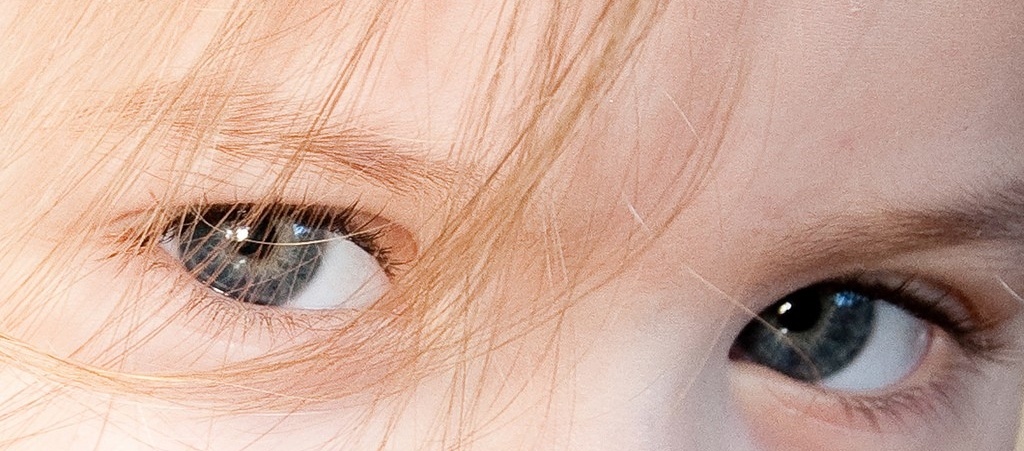
Macular degenerations are retinal diseases of genetic origin that cause an early degeneration of the macula. It affects adults, young people or even children, it all depends on the severity of the damage caused by this genetic anomaly.
The macula deteriorates and collapses affecting vision and causing a loss of vision that may be important and reach legal blindness.
It is a hereditary disease and, therefore, different from age-related macular degeneration (AMD), which is caused by the aging of the body.
This disorder can manifest itself in various forms such as Stargardt’s disease, Best’s vitelliform macular dystrophy and juvenile retinoschisis.
This disease consists of the deterioration of the macula of the eye. The macula is the part of the retina responsible for the central vision and allows us to see fine and small details clearly.
The macula is much more sensitive to detail than the rest of the retina (peripheral retina, allows lateral vision) and, therefore, if it is affected, the quality of vision is reduced.
When the macula is affected, the central vision is lost and causes unfocused vision and lack of sharpness.
It is a hereditary disease, so it is transmitted from parents to children.
Some of the symptoms of juvenile macular degeneration can be:
Symptoms appear during childhood and / or adolescence and can affect one or both eyes. Lateral vision is not usually affected.
In some cases, patients can maintain useful vision for decades (Best’s vitelliform macular dystrophy) and, in other cases, vision can be lost to legal blindness (Stargardt’s disease).
Normally, in Stargardt’s disease small yellow spots are visualized in the macula that may extend outwards.
On the other hand, patients with Best’s vitelliform macular dystrophy have a yellowish cyst under the macula, like an egg yolk that, over time, breaks down and looks like a scrambled egg.
Patients with juvenile retinoschisis have a retina that separates into two layers, with spaces between the layers that can be filled with cysts and blood vessels, which can break and cause hemorrhages. This tearing of the layers of the retina can cause a retinal detachment.
To this day, there is no treatment to prevent or stop this disorder.
It is important to wear sunglasses with ultraviolet protection, it is recommended to avoid supplements with vitamin A, and it is advisable to perform mobility exercises for patients to adapt to vision loss.

Contact us or request an appointment with our medical team.